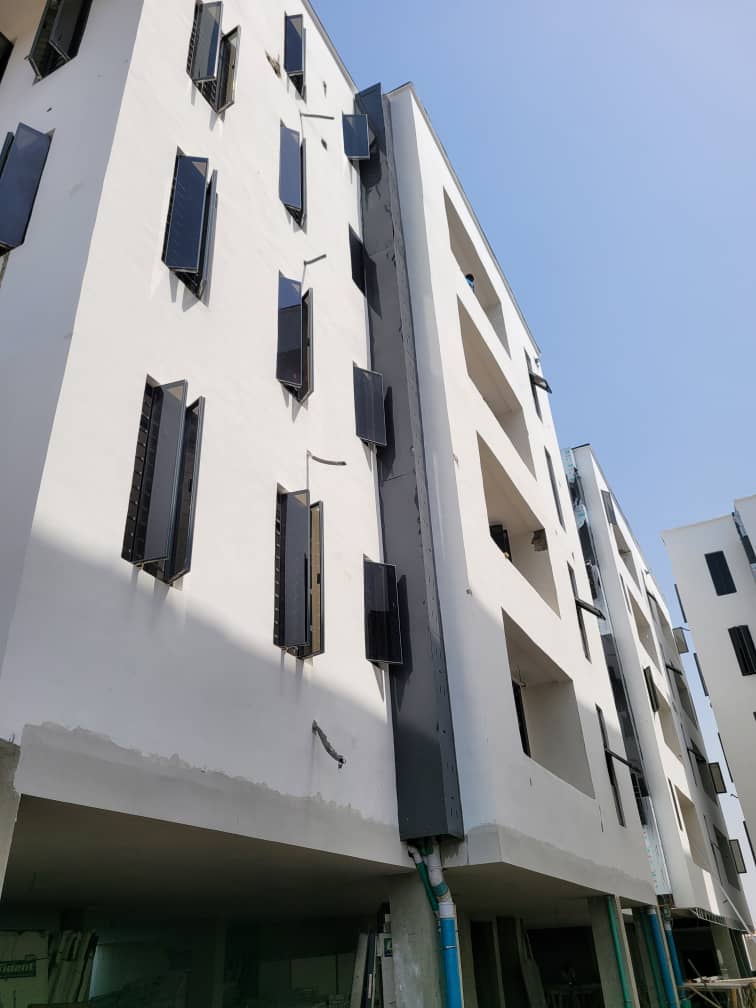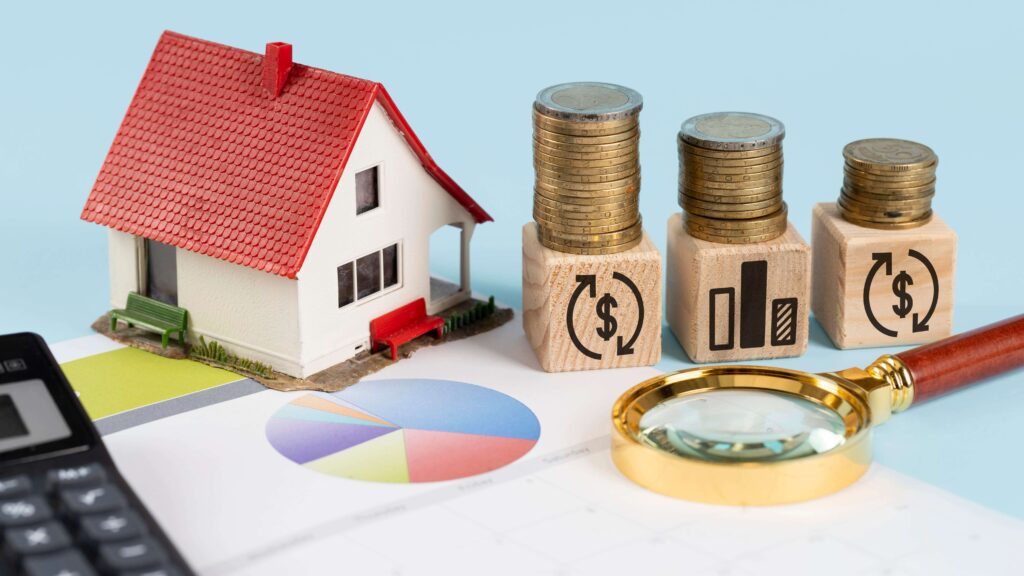Determining the value of a new property can be complex, but it is essential for making informed decisions in real estate. Understanding the factors that influence property value can help sellers set a fair price and assist buyers in making competitive offers.
Below, we discuss key elements that play a significant role in determining the value of a new property.
1. Prices of Comparable Properties
One of the most reliable ways to estimate a property’s value is by looking at the sale prices of comparable properties, often referred to as “comps.” Comps are similar homes in the same area that have sold recently. They provide a benchmark for what buyers are willing to pay for a similar property.
To find comps, you can start by browsing real estate websites like Zillow or Realtor.com. These platforms offer details on recent sales and current listings. However, these prices may not always reflect true market value due to varying market conditions. Working with a real estate agent can be advantageous as they have access to more detailed and up-to-date sales data.
2. Neighborhood and Location
The location of a property significantly impacts its value. Properties in desirable neighborhoods tend to have higher values. Key aspects that make a neighborhood desirable include:
- Proximity to schools, workplaces, and public transport
- Availability of shopping, dining, and recreational facilities
- Low crime rates and general safety
- Access to parks and green spaces
A prime example is Dozek Property’s Jed’s Court, located opposite Lagos Business School, and offering a serene, upscale living environment. It is near exclusive neighborhoods like Lekki Phase 1 and Victoria Island and amenities such as ShopRite, IMAX Cinema, I-fitness, Worldoil Petrol Station, premium salons, and top-tier educational institutions.

The residences include four-bedroom master duplexes with BQs, a fitted kitchen, gym, high-speed internet, infinity swimming pool, ensuite bedrooms, and 24/7 power supply. The area also features a good road network and is close to key landmarks like Dangote Refinery, Shoprite Sangotedo, Abraham Adesanya Estate, Jubilee Bridge in Ajah, and several gated estates.
In contrast, properties in areas with high crime rates, poor schools, or near noisy infrastructure like highways or airports may have lower values. The neighborhood’s overall reputation and future development plans are crucial in determining property values.
3. Property Condition and Age
The condition and age of a property are critical factors in its valuation. Newer homes or those that have been well-maintained generally have higher values. Major systems such as plumbing, electrical, and HVAC should be in good working order to maintain property value.
Older homes might require significant repairs or updates, which can decrease their value. Potential buyers often consider the costs associated with necessary renovations or upgrades. For instance, a new roof, modern kitchen, or updated bathrooms can increase a property’s value, while outdated or malfunctioning systems can have the opposite effect.
4. Property Size and Usable Space
The property’s size, including the land and the building, is a straightforward indicator of value. Larger properties typically command higher prices. However, the usability of the space is equally important. For instance, a well-laid-out home with a functional floor plan can be more valuable than a larger home with a poor layout.
The number of bedrooms and bathrooms, the size of the kitchen, and living spaces all factor into the property’s overall appeal. Additionally, outdoor spaces such as gardens, patios, and garages can enhance property value.
5. The State of the Housing Market

The broader housing market conditions also significantly influence property values. Market conditions can fluctuate based on various economic factors. Property values tend to rise in a seller’s market, where demand exceeds supply. Conversely, property values may drop in a buyer’s market where supply exceeds demand.
Mortgage interest rates also affect property values. Lower interest rates typically increase buyers’ purchasing power, driving up property prices. Conversely, higher interest rates can cool down the market by making borrowing more expensive.
6. Economic Indicators
Economic factors such as employment rates, local economic growth, and consumer confidence can influence property values. Areas with growing job markets and strong economies tend to see increasing property values as more people move in, raising demand for housing.
Additionally, inflation and changes in government policies, such as tax incentives for homebuyers or changes in property taxes, can also affect property values.
7. Future Development Plans
Plans for future development in the area can impact property values. New infrastructure projects, such as new roads, public transit options, or commercial developments, can increase an area’s attractiveness, leading to higher property values. Conversely, developments that might lead to increased noise or traffic can negatively impact property values.
Conclusion

Determining the value of a new property involves considering a range of factors, from comparable property prices and neighborhood quality to the property’s condition, size, and broader economic context. By considering these elements, sellers and buyers can make more informed and confident decisions. Consider consulting with a real estate professional with in-depth knowledge of the local market for a precise valuation.





